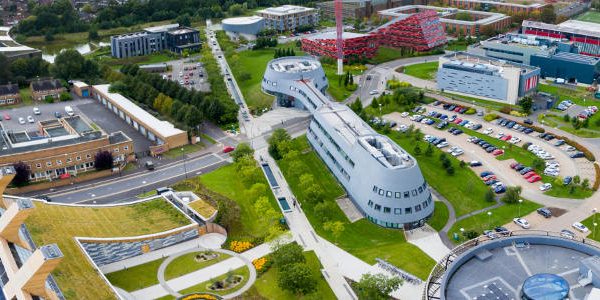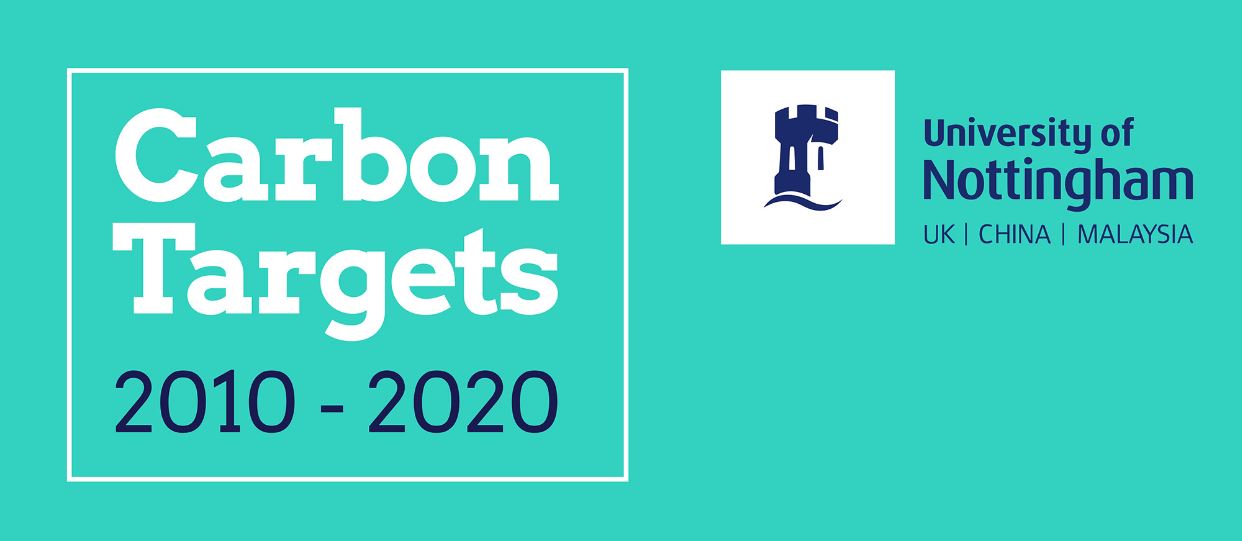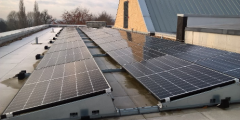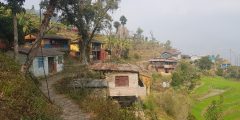Adapting the university to a changing climate
January 8, 2024
The evidence is clear: our planet is warming, and global heating is locked in for many decades, bringing extreme weather and climate shocks. The university is looking to understand the risks of climate change to our campuses and potential actions to alleviate any impacts. What is adaptation? Climate adaptation means taking targeted actions to …
Reducing the University’s carbon emissions
January 25, 2021
At the end of 2020 we were pleased to announce that the University had achieved significant reductions in energy use and carbon emissions over the last 10 years. In 2019/20 alone, our scope 1 (mainly gas and other fuels) and scope 2 (purchased electricity) carbon dioxide emissions reduced by 10% or 4,386 tonnes from 2018/19. Overall, there has been a …
The Challenge Ahead
August 24, 2020
The entire University was forced to adapt quickly to Covid-19, and everyone rose to the challenge. We have now moved into the ‘recovery phase’; our Energy team are working hard to reopen buildings, so that we can welcome back staff and students to campus. This new phase presents a fresh challenge, that we must all …
Renewable Technology on Campus
This summer, the Estates Development Framework (EDF) was published; its role is to provide direction for future University development and management by setting core goals. The overall theme of the EDF is ‘evolution without a carbon footprint’, and you can read it here. To support the vision of the EDF, and to support the University’s …
Energy- A Universal Challenge?
A guest post by Ben Robinson, a PhD student within the Food, Water, Waste Research Group. Ben discusses his recent work in Nepal and the social, environmental and economic intersections he found there. Energy and sustainability are like peanut butter and jam, fish and chips or eggs and bacon (for you bacon lovers out there), they …
From sustainable development to planetary health; rethinking the relationship between health and the environment
June 20, 2017
Dr Linda East reflects on the relationship between health and the environment As a lecturer in the School of Health Sciences, I have long been interested in health and sustainable development (SD). However, I had become increasingly uncomfortable with quoting the usual definition of SD in my lectures, that ‘Sustainable development is development that meets the …






